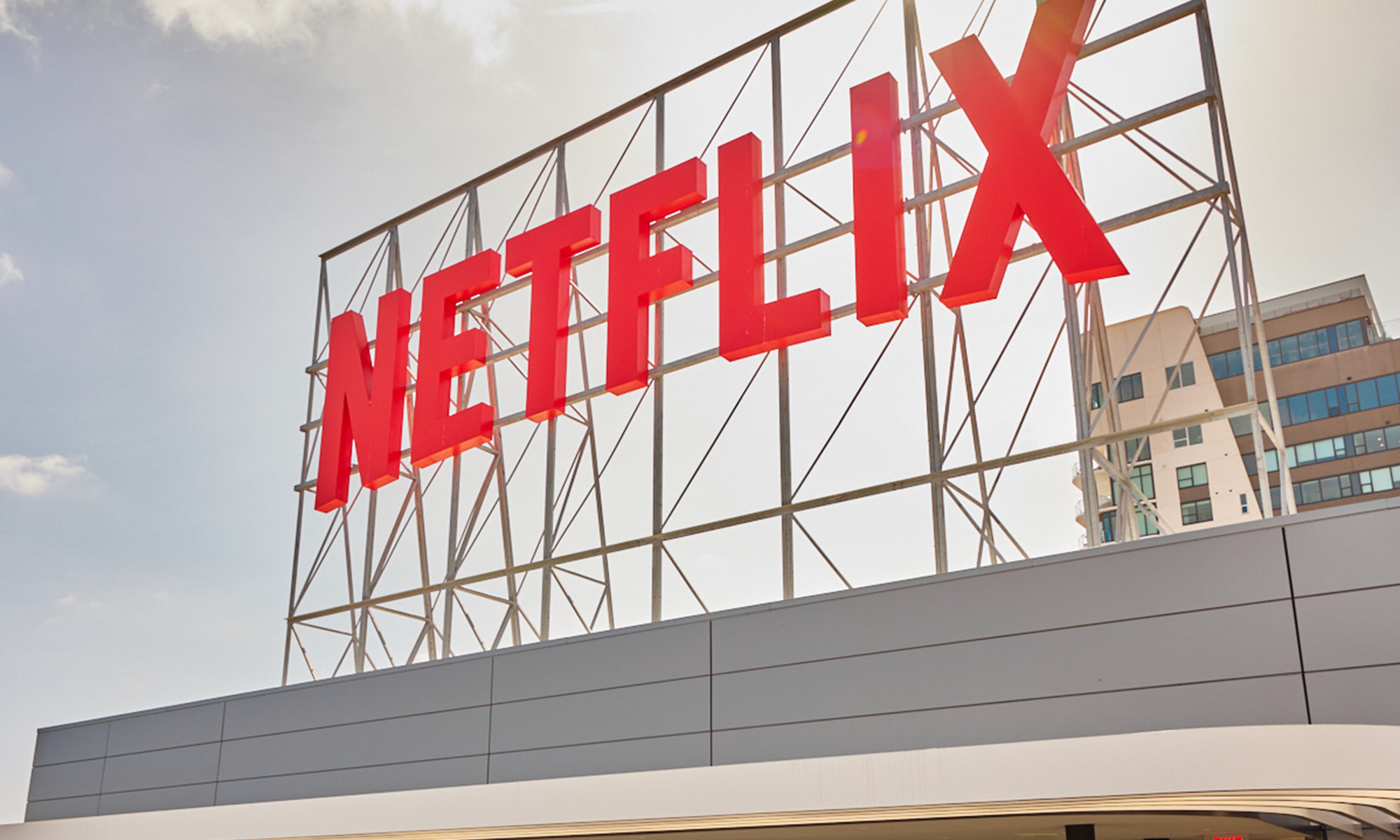Buying and holding great stocks is the best way to predictably create wealth over the long term. But few companies have effectively done so as well as Netflix (NFLX +0.23%) over the years. After all, shareholders who bought a piece of the video streaming leader shortly after its IPO in 2002 have seen the value of their investment multiplied by more than 150-fold as of this writing.
That raises the question: Are there any other stocks that feel like Netflix did in 2002?
So we asked three top Motley Fool investors for their thoughts to that end. Read on to learn why they think Splunk (SPLK +0.00%), Cintas (CTAS +0.96%), and Editas Medicine (EDIT 5.10%) fit the bill.

IMAGE SOURCE: GETTY IMAGES
Making sense of the world's data
Steve Symington (Splunk): With the company having over 13,000 customers at the end of last quarter, including 85 members of the Fortune 100, you might wonder if Splunk has already realized the bulk of its growth potential. But its leading operational intelligence platform is poised to continue processing mind-boggling amounts of machine data being produced by businesses around the world.
To be sure, Splunk is still growing rapidly. Revenue last quarter jumped more than 34% year over year to $328.7 million, crushing the market's expectations. And the company not only raised its guidance for the current fiscal year (to between $1.239 billion and $1.241 billion), but also told investors to expect sales next year to climb another 25% to $1.55 billion.
But we can't forget that earlier this year, Splunk also estimated that its total addressable market now sits at roughly $55 billion, helped by new-use cases and the expanded implementation of machine learning and artificial intelligence algorithms making its platform that much more effective. Over the longer term, that would mean its customer base could grow to as much as 400,000. As such, I think investors willing to buy now and watch Splunk's growth story continue to unfold stand to be handsomely rewarded in the process.
Branching out
John Bromels (Cintas) In 2002, Netflix was "just" a DVD rental-by-mail service, but its stock didn't really take off until years later, when it got into the related-but-not-exactly-the-same business of online streaming. That reminds me a lot of another rental company, Cintas, which has already seen stock price gains of 270% over the last five years and looks poised for even more.
Cintas began in 1929 as a company that collected used rags from factories and washed and returned them for a fee. In the 1950s, it moved into the related-but-not-exactly-the-same business of uniform rental, washing the uniforms and returning them for a fee. That's the business that took off, allowing the company to set up a nationwide network of distribution centers. It used those centers to add on other related-but-not-exactly-the-same business services, including floor mat rental, restroom restocking, and fire and safety equipment servicing.
These other services only represent 18.6% of overall company revenue at present but are growing more quickly than uniform rental, with 10.7% year-over-year organic growth in the most recent quarter. So far this year, the company has upped its guidance, gobbled up competitor G&K Services, and raised its dividend by 21.8%. And while digital streaming uniforms are unlikely to ever become a thing, Cintas -- like Netflix -- is a rental company that should reward its shareholders for years to come.
Another next big thing
Keith Speights (Editas Medicine): As dominant as Netflix is today in streaming TV, it's easy to overlook that the company wasn't into streaming at all back in 2002. Its business revolved around a subscription plan for DVDs, which were shipped via mail. But the potential was certainly there to grow into something much larger, which is exactly what Netflix did.
I think Editas Medicine is in something of a similar position as Netflix was in 2002. The company is a pioneer of gene editing using CRISPR/Cas9. This technology could radically change healthcare, with its ability to repair gene mutations that cause life-threatening diseases.
There are plenty of other companies and researchers using CRISPR/Cas9, so what makes Editas special? It holds the licenses to patents claimed by the Broad Institute for use of the gene-editing approach in humans. If any company develops a drug using CRISPR/Cas9, it will have to pay Editas.
Right now, no drugs have been approved using this gene-editing technique. However, Editas is researching use of CRISPR/Cas9 in treating several genetic diseases, including rare eye diseases, cancer, and cystic fibrosis. The company has also attracted partnerships with big drugmaker Allergan (AGN +0.00%) and up-and-coming biotech Juno Therapeutics (JUNO +0.00%).
Editas isn't profitable. The company faces plenty of risks, but it has an incredible opportunity ahead -- just like Netflix in 2002.
The bottom line
We can't guarantee, of course, that Splunk, Cintas, or Editas Medicine will live up to the lofty bar set by Netflix. But with each of their massive market opportunities and long runways for growth, we like their chances of doing just that. So for investors who don't mind buying, holding, and enduring some volatility along the way, these three promising companies could deliver life-changing returns.








